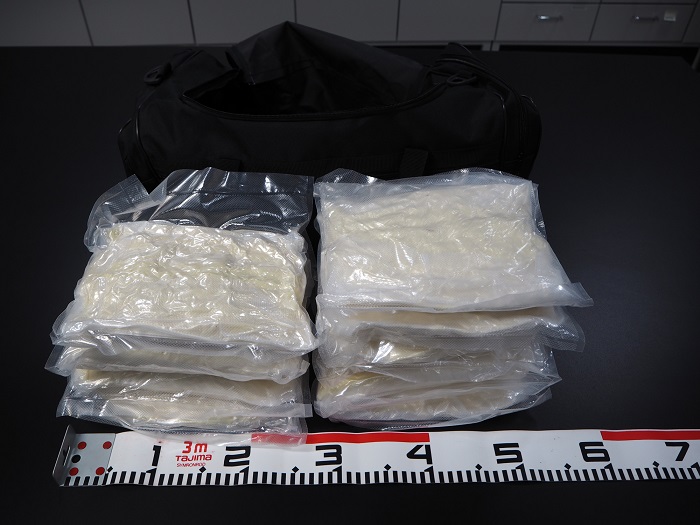Drugs abuse prevention
Police prioritise curbing supply of narcotics
Published : 02 May 2018, 01:01
Updated : 02 May 2018, 12:05
Drugs abusers are not the primary target group of the police in preventing narcotics crime. The priority is to intervene in the supply, dealing, and import of narcotic substances.
The police do not see any immediate need to change the legislation related to drugs abuse, said a press release.
“In the view of the police, addiction is basically a public health problem to be addressed by the means of harm prevention,” said National Police Commissioner Seppo Kolehmainen.
However, the police have a specific role to play in this, too, including cooperation and coordination with other authorities, referral for treatment, and other preventive measures.
Chief Superintendent Teemu Saukoniemi of the National Police Board said many drugs abusers get caught when the police intervene in other problems, such as disorderly conduct or drunk driving.
This is also supported by the statistics. For example, last year, 16,992 cases of unlawful use of narcotics were reported to the police, involving a total of 11,038 persons suspected of various offences. Of them, the unlawful use of narcotics was the most serious offence as regards 3,221 people, and as regards 7,813, a more serious offence was involved. Most of these were cases of intoxicant driving, in which the intoxicant was suspected to be a substance other than alcohol.
Saukoniemi said the police are under a statutory obligation to conduct a pre-trial investigation.
A pre-trial investigation must be conducted when, on the basis of a report made or otherwise, there is a reason to suspect that an offence has been committed. For instance, in the case of narcotics offences, the police have little room for discretion in situations where there is a reason to suspect of abusing drugs by an individual.
“In some less severe cases, we may propose to the prosecutor that the pre-trial investigation should be restricted or the procedure of a caution, as defined in the Criminal Investigation Act, should be used. The so-called reprimand procedure, led by the public prosecutor, may also be applied in the case of under-age first-time offenders suspected of narcotics offences,” said Saukoniemi.
Narcotics crime prevention in the Helsinki region has undergone an intense improvement in recent years. To enhance collaboration, the Helsinki, Western Uusimaa and Eastern Uusimaa police departments have set up a joint team, in which the Customs Investigation Service has also participated.
Moreover, the situation has been discussed by a working group, which decided to develop the collaboration on the basis of the current unit model. The functionality of collaboration and the development of information exchange in operations have been assessed under the leadership of the National Police Board in the audits of narcotics crime prevention in police units, among others.
National Police Commissioner Seppo Kolehmainen considers the situation greatly improved in narcotics crime investigation in the Helsinki region.
“Cooperation has enabled us to identify acute cooperation needs and reduce overlaps,” he said.


